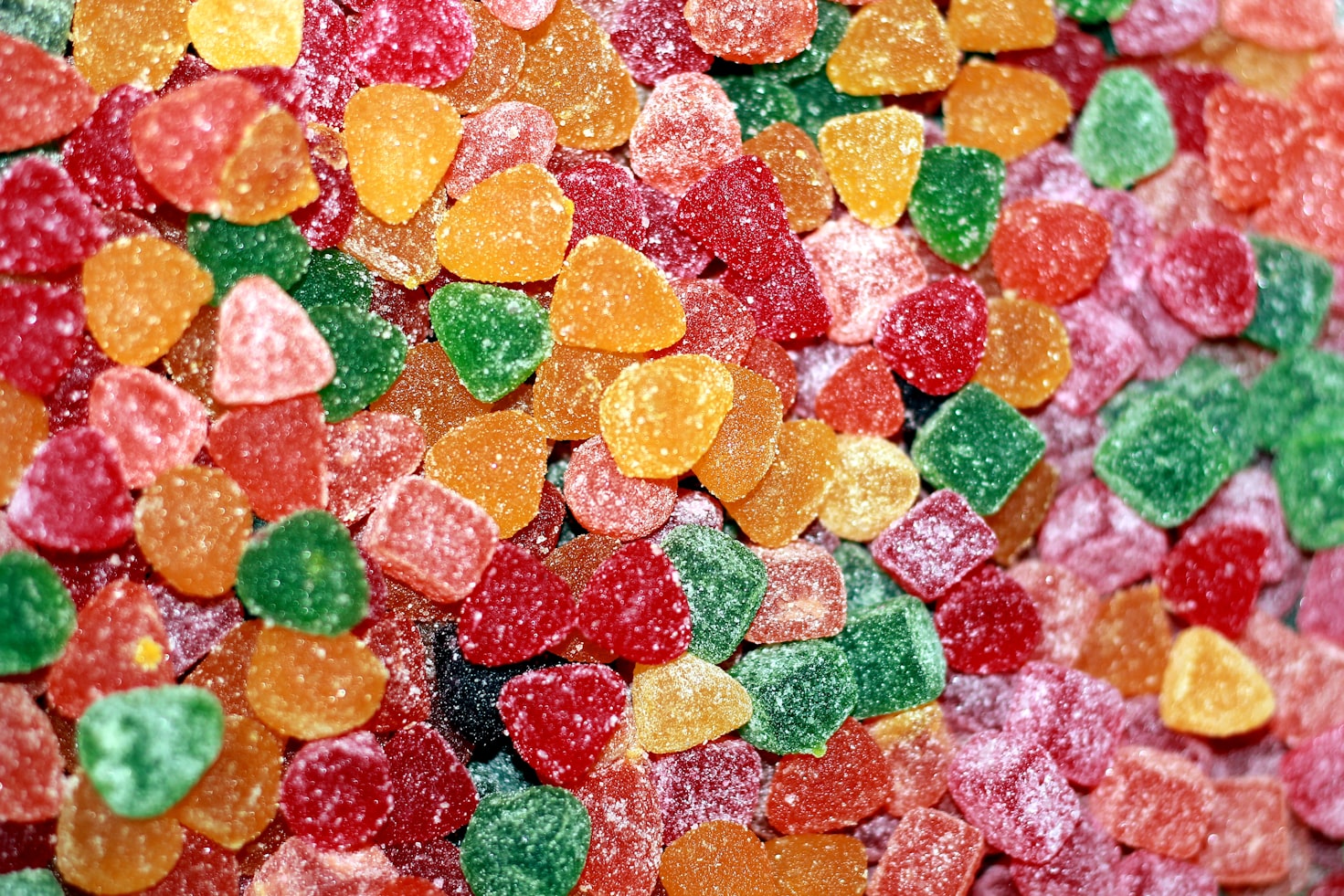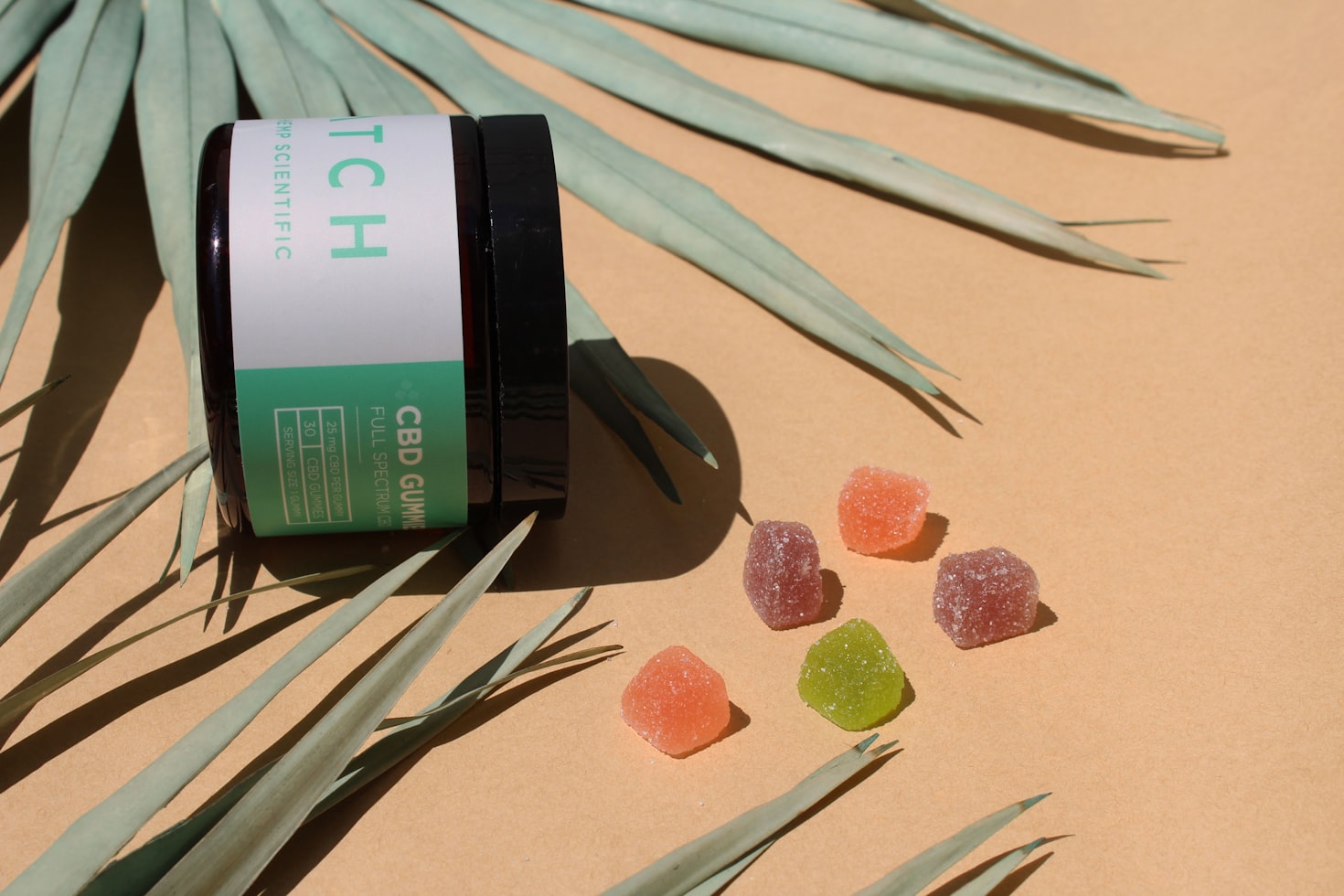How Many Grams Of Sugar Per Day On Keto
The ketogenic diet, or keto diet, has gained significant popularity in recent years due to its potential for weight loss and improved health markers. This low-carb, high-fat diet aims to put the body into a state of ketosis, where it burns fat for fuel instead of carbohydrates. While the focus of the keto diet is on reducing carbohydrate intake, it is essential to understand how many grams of sugar per day are allowed on this eating plan.
The Basics of the Keto Diet
The keto diet involves drastically reducing carbohydrate intake and replacing it with fat. By doing so, the body enters a metabolic state called ketosis, where it becomes efficient at burning fat for energy. This shift in metabolism can lead to weight loss and other health benefits.
On a standard keto diet, the macronutrient breakdown typically consists of:
- 70-75% of calories from fat
- 20-25% of calories from protein
- 5-10% of calories from carbohydrates
It is important to note that the exact macronutrient ratios may vary depending on individual needs and goals. However, the primary focus remains on keeping carbohydrate intake low to achieve and maintain ketosis.
The Role of Sugar on the Keto Diet
Sugar is a type of carbohydrate that is quickly broken down by the body into glucose, causing a spike in blood sugar levels. Consuming too much sugar can hinder the process of ketosis and make it challenging to achieve the desired metabolic state.
When following the keto diet, it is crucial to limit sugar intake to maintain low carbohydrate levels. The goal is to keep blood sugar levels stable and prevent insulin spikes, which can disrupt ketosis and hinder fat burning.
Recommended Sugar Intake on Keto
While there is no specific daily sugar limit for the keto diet, it is generally recommended to keep sugar intake as low as possible. Ideally, most of the carbohydrates consumed on a keto diet should come from non-starchy vegetables, nuts, and seeds.
It is important to differentiate between natural sugars found in whole foods and added sugars found in processed foods. Natural sugars, such as those found in fruits and vegetables, are accompanied by fiber and other nutrients, making them a healthier choice. However, even natural sugars should be consumed in moderation on a keto diet.
As a general guideline, it is recommended to limit total carbohydrate intake to 20-50 grams per day to achieve and maintain ketosis. This includes both sugar and other forms of carbohydrates.
Hidden Sources of Sugar on Keto
While it may seem straightforward to avoid obvious sources of sugar like candy and soda on the keto diet, there are many hidden sources of sugar that can easily derail your progress. Some common culprits include:
- Condiments and sauces: Many condiments and sauces, such as ketchup, barbecue sauce, and salad dressings, contain added sugars. Opt for sugar-free or homemade versions.
- Processed meats: Some processed meats, like sausages and deli meats, may contain added sugars. Read labels carefully and choose options without added sugars.
- Low-carb products: While marketed as low-carb, some packaged foods, such as protein bars and shakes, may still contain significant amounts of sugar. Always check the nutrition labels.
- Flavored beverages: Flavored water, sports drinks, and some herbal teas may contain hidden sugars. Stick to plain water or unsweetened beverages.
Frequently Asked Questions
1. Can I consume any sugar on the keto diet?
While it is best to avoid sugar altogether on the keto diet, small amounts of natural sugars from whole foods like berries can be incorporated in moderation. However, it is essential to track your carbohydrate intake and ensure it fits within your daily limit.
2. What are the risks of consuming too much sugar on keto?
Consuming too much sugar on the keto diet can prevent or disrupt ketosis, leading to decreased fat burning and potential weight gain. It can also cause blood sugar spikes and cravings, making it harder to stick to the diet.
3. Are artificial sweeteners allowed on the keto diet?
Artificial sweeteners, such as stevia, erythritol, and sucralose, are generally considered acceptable on the keto diet. However, it is important to use them in moderation and be mindful of any potential digestive issues they may cause.
4. Can I have cheat days with higher sugar intake on keto?
Cheat days with higher sugar intake can significantly disrupt ketosis and hinder progress on the keto diet. It is best to avoid cheat days or opt for healthier alternatives to satisfy cravings, such as keto-friendly desserts made with low-carb sweeteners.
5. How can I satisfy my sweet tooth on the keto diet?
There are various ways to satisfy a sweet tooth on the keto diet without consuming excessive sugar. Some options include using low-carb sweeteners in recipes, enjoying small portions of berries, or indulging in keto-friendly desserts made with alternative flours and sweeteners.
6. Can I consume sugar alcohols on the keto diet?
Sugar alcohols, such as xylitol and erythritol, are commonly used as low-carb sweeteners on the keto diet. They have minimal impact on blood sugar levels and can be included in moderation. However, it is important to be aware that some individuals may experience digestive issues when consuming sugar alcohols.
Summary
On the keto diet, it is crucial to limit sugar intake to maintain low carbohydrate levels and achieve and maintain ketosis. While there is no specific daily sugar limit, it is recommended to keep sugar intake as low as possible and focus on obtaining carbohydrates from non-starchy vegetables, nuts, and seeds. Hidden sources of sugar should be avoided, and natural sugars should be consumed in moderation. By being mindful of sugar intake and making informed choices, individuals can maximize the benefits of the keto diet and achieve their health and weight loss goals.





